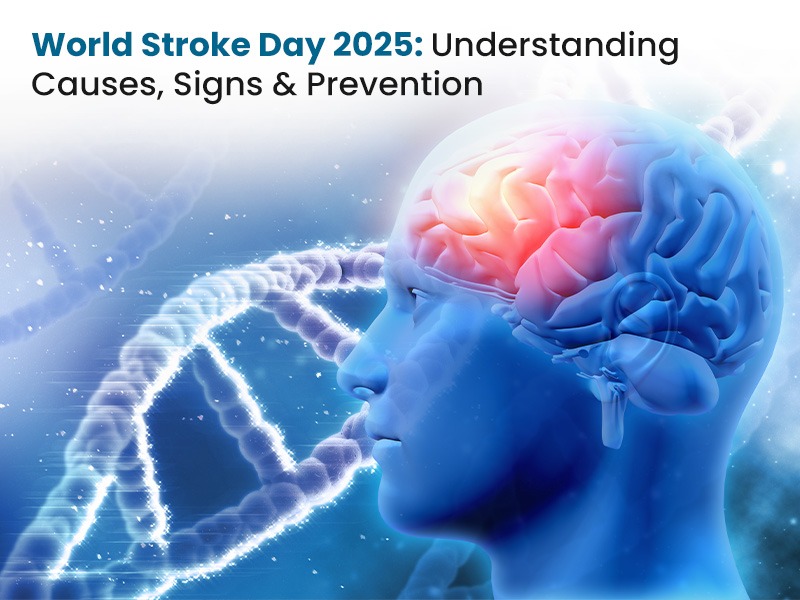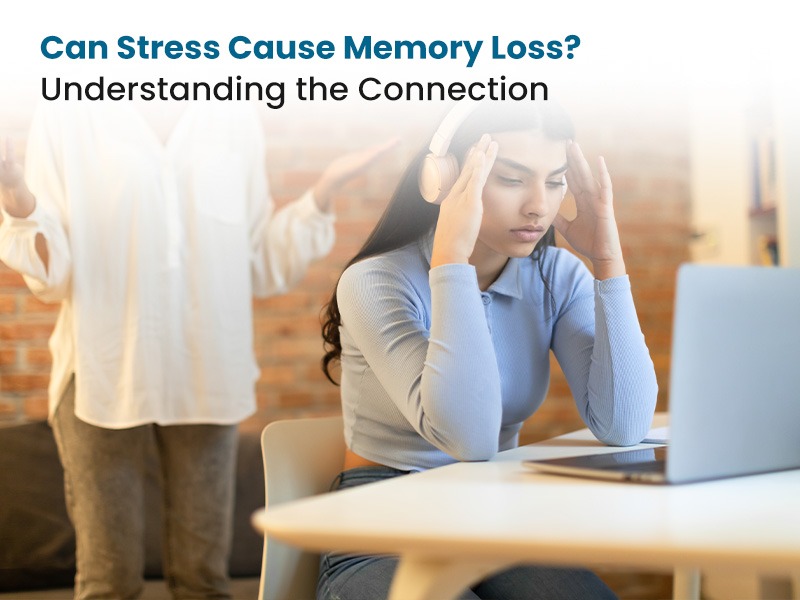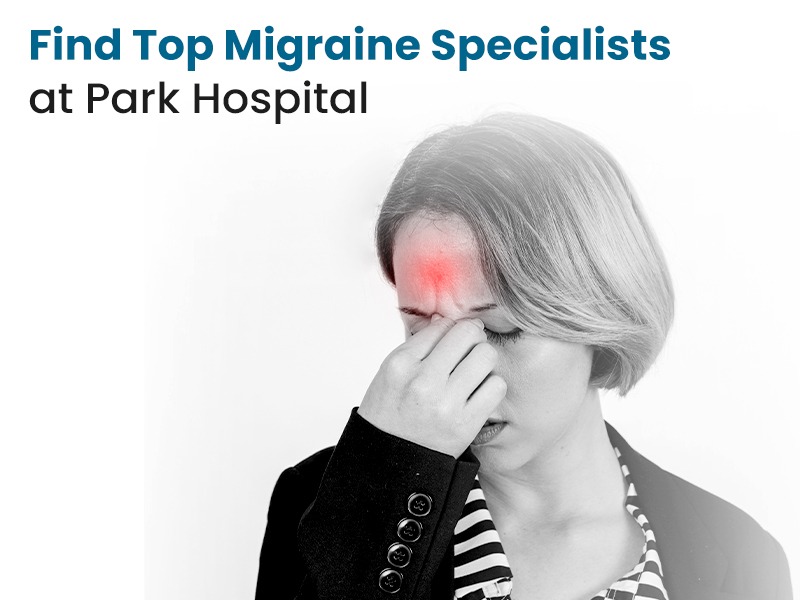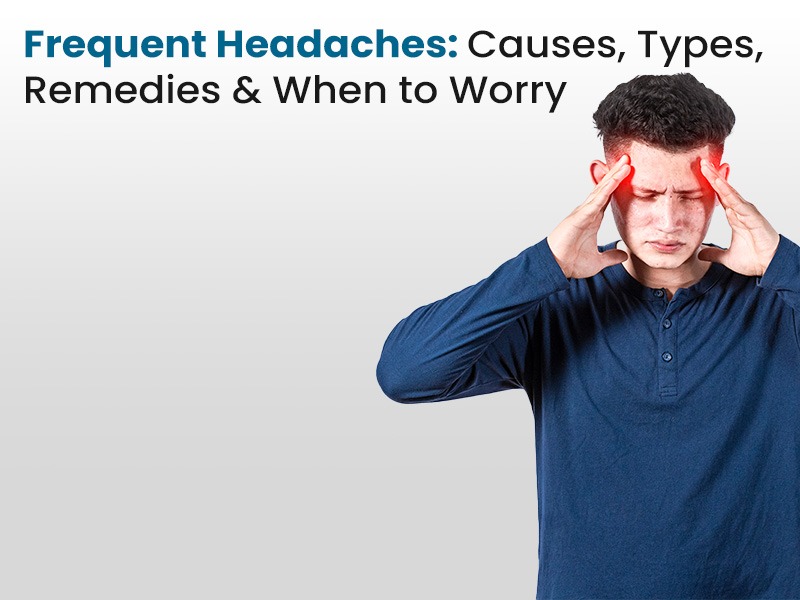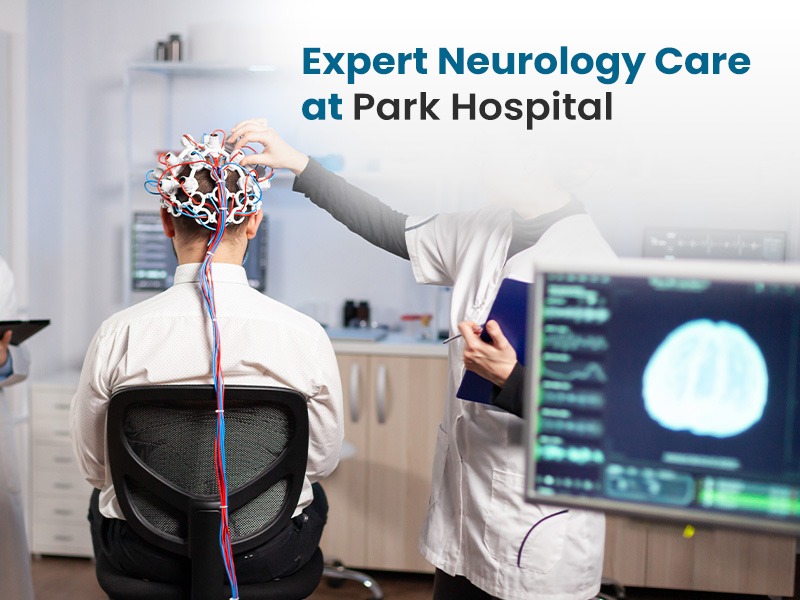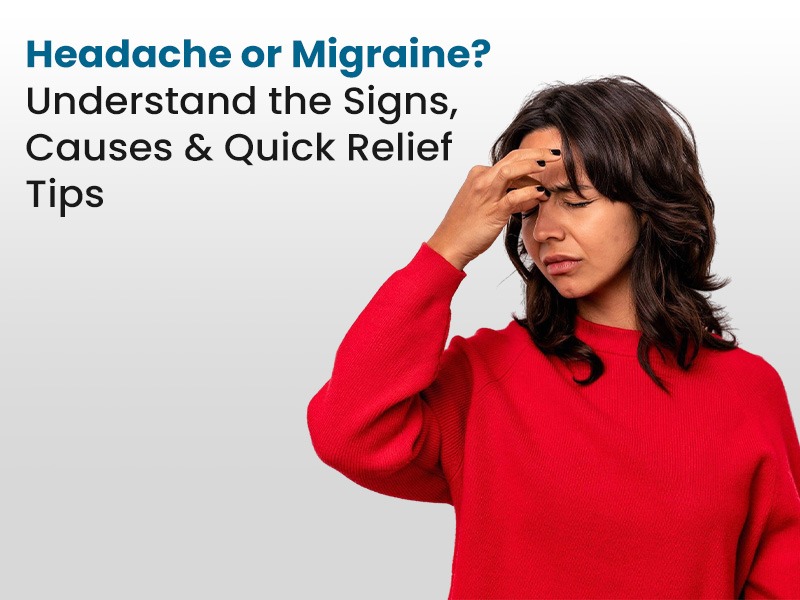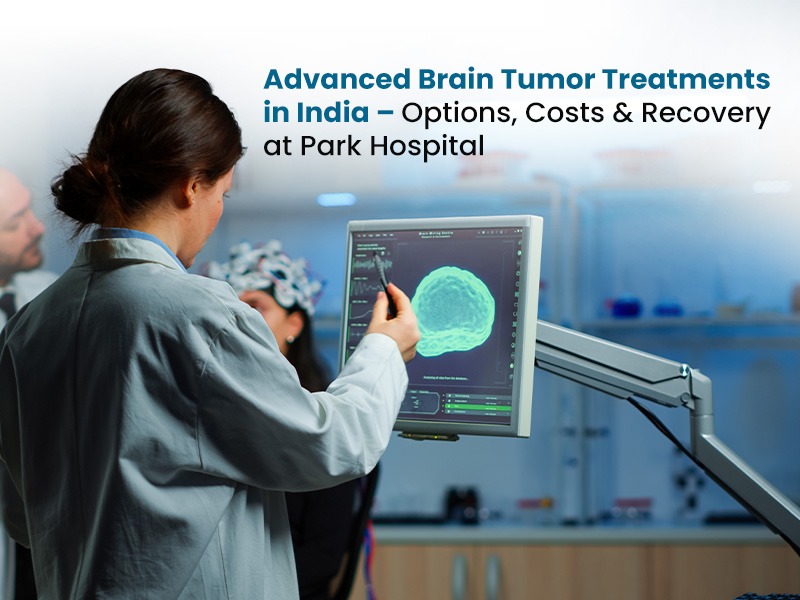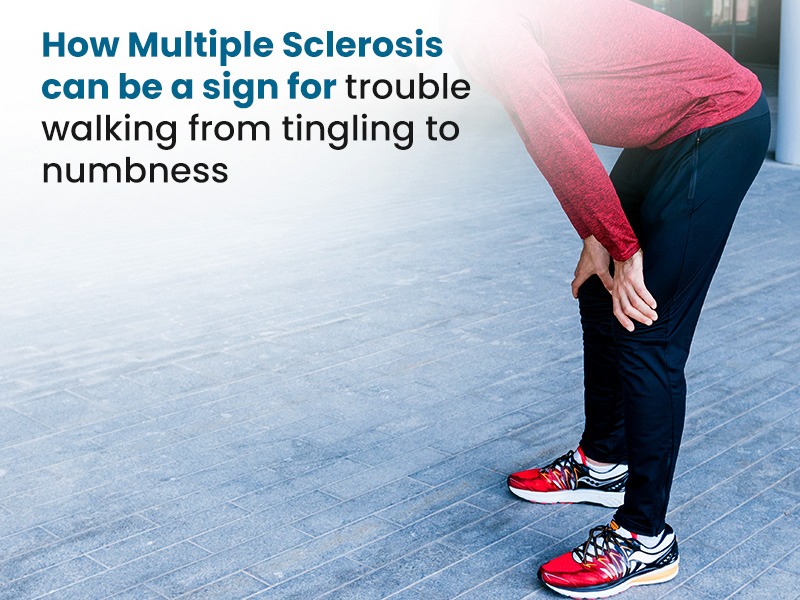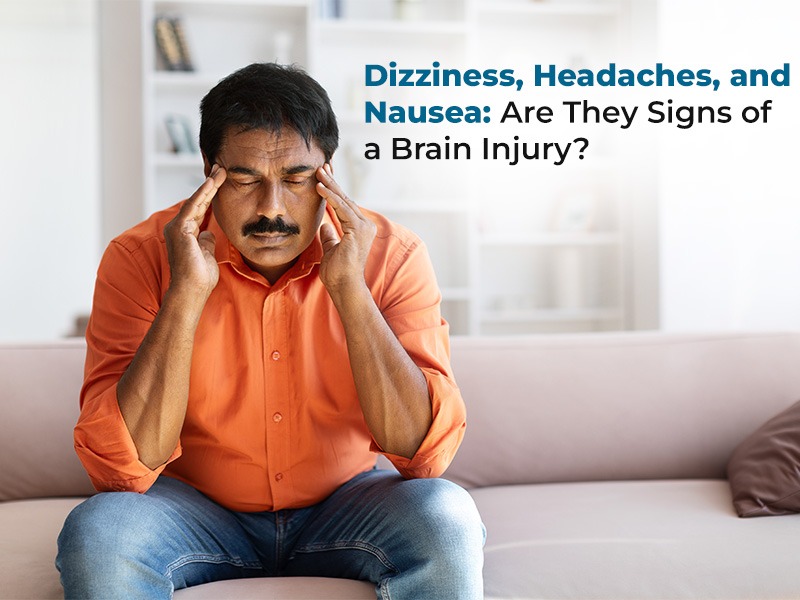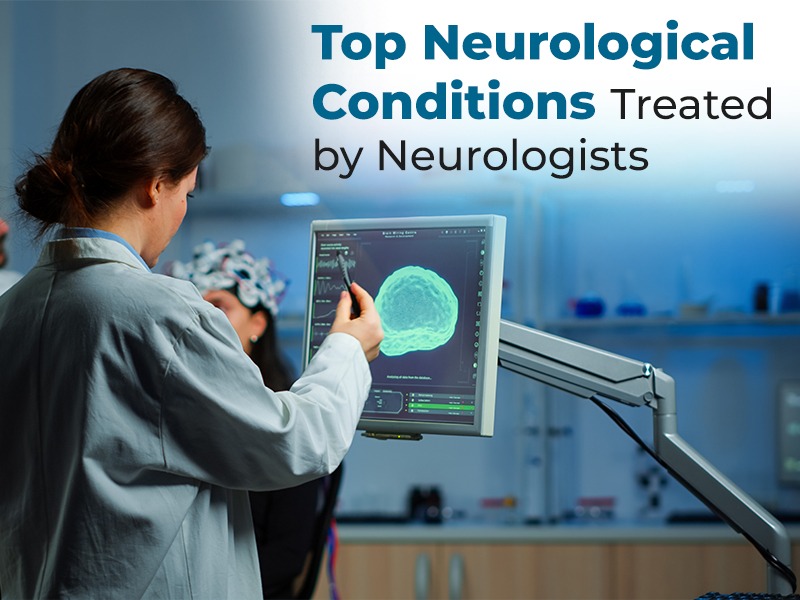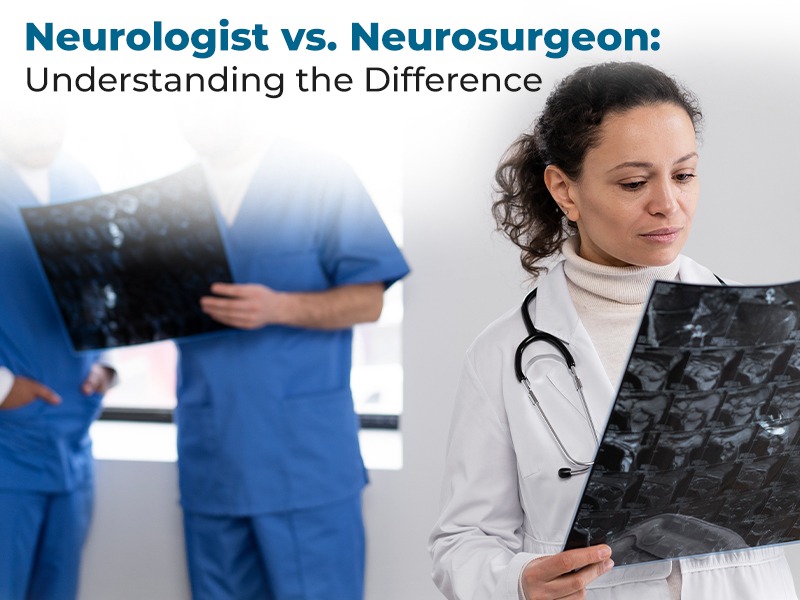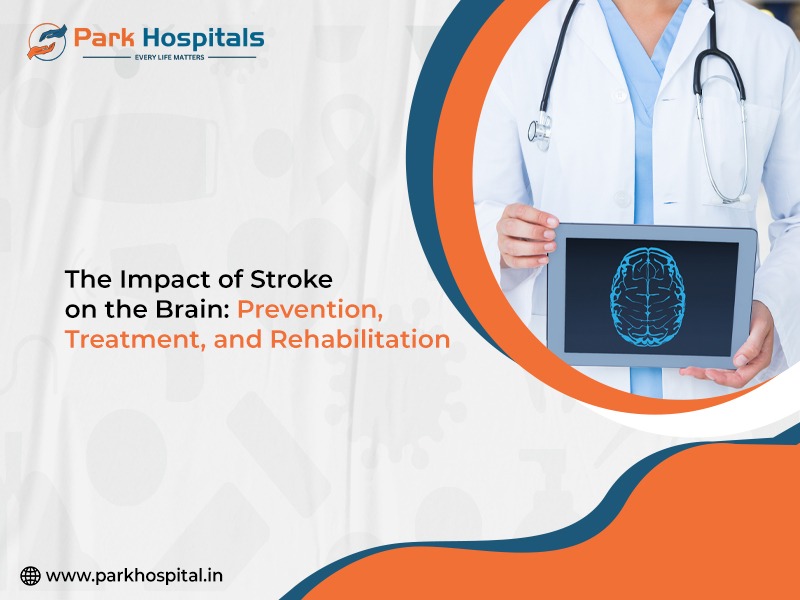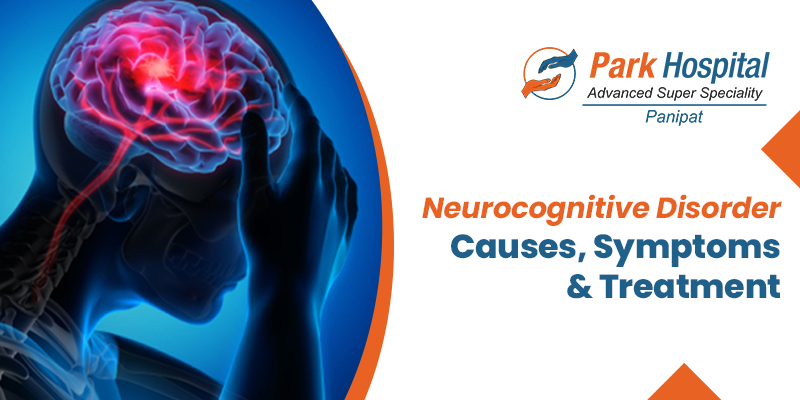World Stroke Day 2025 serves as a global reminder that stroke can strike anyone, anytime, and its effects can be life-altering. A stroke occurs when blood flow to a part of the brain is interrupted or reduced, depriving brain tissue of oxygen and nutrients. Understanding the causes, warning signs, and immediate response can make the difference between recovery and lifelong disability.
At Park Group of Hospitals, we actively raise awareness on this day through our multispecialty network across Delhi, NCR, Haryana, Punjab and Rajasthan. Our team of neurologists, emergency specialists, and rehabilitation experts work together to ensure timely diagnosis and treatment for stroke patients. For any emergency, call our 24x7 service helpline at +91 99166 99166 for immediate assistance.
Theme of World Stroke Day 2025 and Warning Signs: Every Minute Counts
The official theme for World Stroke Day 2025 is “Every Minute Counts”, highlighting the critical importance of rapid action during a stroke emergency. Every minute of delay can cost millions of brain cells, making timely recognition and treatment absolutely vital.
To help identify a stroke quickly, the campaign emphasizes the #ActFAST message:
F – Face: One side of the face may droop or appear numb.
A – Arm: One arm may feel weak or difficult to lift.
S – Speech: Speech may be slurred, garbled, or strange.
T – Time: Call emergency medical services immediately.
Other warning signs include sudden numbness, loss of coordination, dizziness, severe headache, confusion, or blurred vision. Even brief or mild symptoms may indicate a mini stroke (Transient Ischemic Attack), which requires urgent medical attention.
Recognizing these warning signs and acting immediately is crucial, as timely intervention can save lives and significantly improve recovery outcomes. Park Hospital fully supports this global initiative and continues to educate communities on stroke prevention, management, and rehabilitation.
What is a Stroke?
A stroke happens when the blood flow to a part of the brain is disrupted or reduced, depriving brain cells of oxygen and essential nutrients. Within minutes, brain cells begin to die, leading to loss of body functions controlled by the affected part of the brain. Strokes can cause difficulties in speech, vision, movement, or memory, depending on the area of damage.
There are three main stroke types, each with unique causes and outcomes:
Ischemic Stroke: The most common type caused by a clot blocking or narrowing arteries leading to the brain.
Hemorrhagic Stroke: Caused by the rupture of a weakened blood vessel that bleeds into the brain tissue.
Transient Ischemic Attack (TIA): Often called a mini stroke, this involves a temporary disruption in blood flow that causes brief symptoms but serves as a warning sign for future strokes.
Stroke Causes and Risk Factors
Understanding stroke causes helps in prevention and early management. Both lifestyle habits and underlying medical conditions contribute to stroke risk.
Key causes and risk factors include:
High Blood Pressure (Hypertension): The leading cause of stroke. Uncontrolled hypertension weakens blood vessels in the brain.
Smoking: Damages blood vessels and increases the likelihood of clot formation.
Diabetes: High blood sugar levels damage blood vessels and raise the risk of stroke.
Heart Disease: Irregular heart rhythms and other cardiac issues can send clots to the brain.
High Cholesterol: Leads to plaque buildup in arteries, restricting blood flow.
Obesity and Physical Inactivity: Increase blood pressure and cholesterol levels.
Family History: A family background of stroke increases individual risk.
At Park Group of Hospitals, our preventive health programs and advanced diagnostic tools help identify such risk factors early to prevent severe complications.
Stroke First Aid and Immediate Response
Knowing stroke first aid can make a significant difference in outcomes. Here are essential steps to follow:
Call for Emergency Help: Contact emergency services or reach the nearest Park Hospital Emergency Department immediately.
Keep the Person Comfortable: Help them lie down with their head slightly raised.
Avoid Food or Water: The person may have difficulty swallowing, increasing choking risk.
Monitor Breathing and Pulse: If the person becomes unconscious, ensure they are breathing until help arrives.
Note the Onset Time: This information helps doctors decide suitable treatments such as clot-busting medicines.
Our emergency teams at Park Hospital are trained to provide immediate care through dedicated stroke response protocols, ensuring timely medical intervention within the critical window.
Stroke Treatment and Rehabilitation
Treatment depends on the type of stroke and how quickly medical help is received.
For Ischemic Stroke:
Clot-busting Medication: Medicines like tPA (tissue plasminogen activator) are given to dissolve clots if administered within a few hours.
Thrombectomy: A minimally invasive procedure used to remove clots from blocked arteries.
For Hemorrhagic Stroke:
Surgical Repair: Procedures to fix ruptured blood vessels or relieve pressure on the brain.
Medication Management: To control blood pressure and prevent further bleeding.
Rehabilitation and Recovery:
After initial treatment, stroke rehabilitation plays a key role in helping patients regain lost functions. At Park Group of Hospitals, comprehensive rehab programs include:
Physical Therapy: To improve strength and movement.
Speech Therapy: To assist with speech and communication.
Occupational Therapy: To help regain independence in daily activities.
Our team provides individualized recovery plans to enhance quality of life and prevent recurrence.
Preventing Stroke
The best way to manage stroke is to prevent it through healthy habits and regular medical monitoring.
Effective prevention strategies include:
Eat a Balanced Diet: Include more fruits, vegetables, and whole grains while reducing salt and unhealthy fats.
Exercise Regularly: Daily physical activity for 25-30 minutes.
Monitor Blood Pressure and Sugar Levels: Regular health check-ups help control hypertension and diabetes.
Quit Smoking and Limit Alcohol: Both significantly reduce the strain on blood vessels.
Manage Stress: Practice yoga, meditation, or relaxation exercises.
Get Regular Screenings: Early detection through preventive check-ups at Park Hospitals can identify risks before they become serious.
Why World Stroke Day Awareness Matters
World Stroke Day 2025 highlights the importance of collective awareness, timely response, and education in reducing the global burden of stroke. Early recognition, proper treatment, and preventive care can save thousands of lives every year.
Park Hospital continues to lead in stroke prevention, diagnosis, and rehabilitation through its state-of-the-art neurology departments, advanced imaging facilities, and round-the-clock emergency response teams. Our focus is on empowering individuals and communities to act fast when stroke symptoms appear.
Conclusion
A stroke can affect anyone, regardless of age or gender, but awareness and timely medical intervention can make all the difference. On World Stroke Day 2025, let us pledge to stay informed, identify the warning signs early, and lead a healthier lifestyle.
At Park Group of Hospitals, we are dedicated to providing expert stroke care, emergency management, and rehabilitation services to help patients recover and live better. For immediate stroke care or preventive consultation, visit your nearest Park Hospital. If you notice any warning signs in yourself or others, call +91 99166 99166 or visit your nearest Park Hospital immediately.
